"It showed that there are people who are not afraid": Impressions from EuroPride 2022 in Belgrade
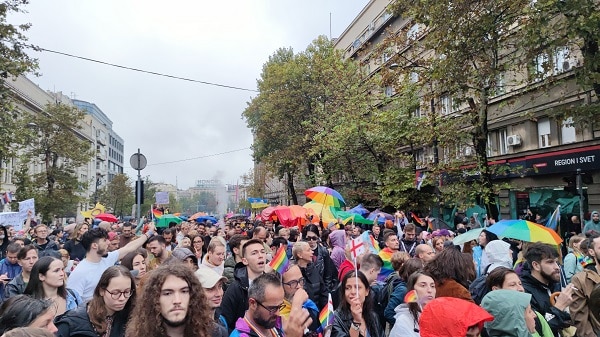
In spite of an initial ban by the Serbian government, Saturday 17 September saw thousands walk through Belgrade in the first EuroPride march ever in the Western Balkans. Despite attempts at stirring trouble, the historic parade took place without major incidents. Despite the rain, thousands marched in Belgrade on Saturday. Picture by Miloš Đajić. The announcements [...]
Sham referendums and reservists - Putin's convulsive attempt at reversal
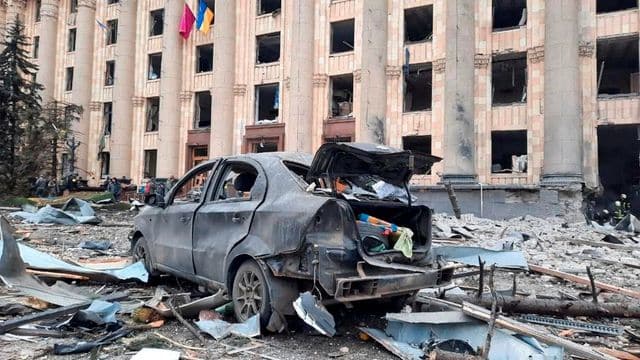
Kharkiv after a missile strike, 2022 (Flickr) Referenda have been announced in the Russian-occupied regions of Donetsk, Luhansk, Zaporizhzhia and Kherson to join the Russian Federation in the near future. The annexation referendums not only disregard the sovereignty of the Ukrainian state, but at the same time are mainly intended to further mobilise [...]
The four trees commemoration: where past and present meet
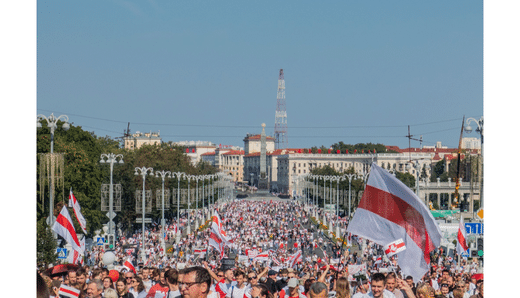
Protests against the Belarusian regime, Minsk, August 2020 (WikiMedia Commons) Last Friday 16 September, the annual four trees commemoration in Eindhoven took place again. This commemoration commemorates four opposition members who disappeared in Belarus in 1999 and 2000. Today, it is still uncertain what happened to Anatoly Krasovsky, Viktor Gonchar, Yuri [...]
In Memoriam: Marnix Krop (1948-2022), co-founder Alfred Mozer Foundation
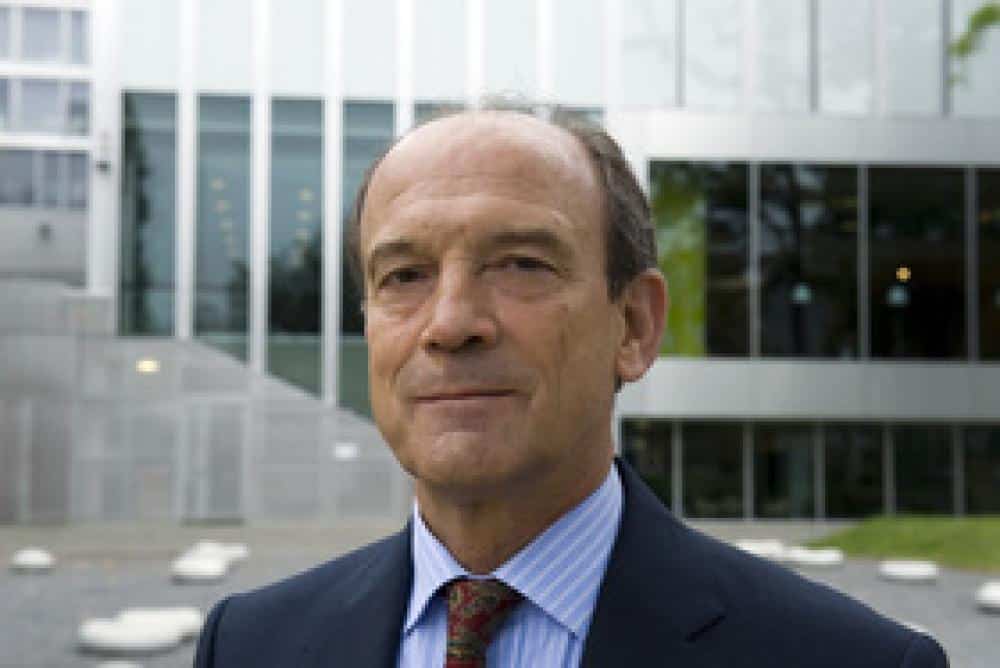
During his holiday in Portugal, on 28 July, Marnix Krop passed away unexpectedly. First of all, we would like to express our condolences to his family on behalf of the FMS. Marnix Krop is well known as the biographer of Wim Kok. He worked hard on volume two and it is deeply sad that he was unable to finish it.
Less well known perhaps, because long ago, is Marnix's role in the creation of the Alfred Mozer Foundation (AMS), the forerunner of the FMS, which we would like to recall here.
After 3 years, the FMS says goodbye to Remy van Aanholt
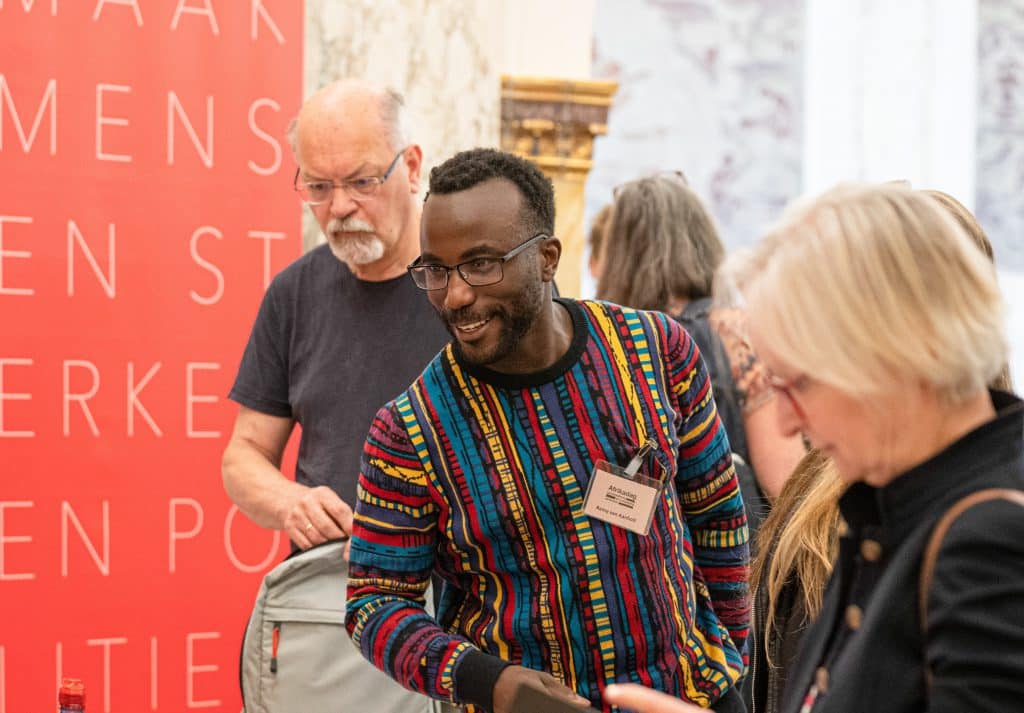
After three wonderful years, Remy has decided to realise his ambitions for a fairer world in another workplace. From 1 August, he will start working at the Judicial Council in The Hague. It is with pain in his heart that he is leaving the FMS, as these were three special years. On his last day at the office, Remy looks back on this, in a candid conversation with colleague Max Landheer.
Support the FMS for more international solidarity!
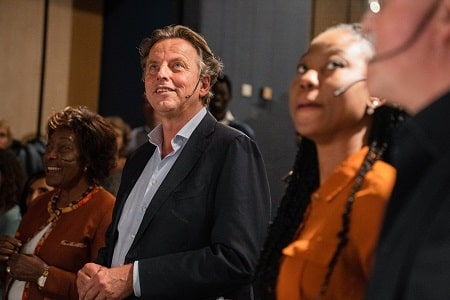
Since the invasion of Ukraine, the need for international solidarity has suddenly become incredibly clear. The war has major negative consequences for many other countries. It is precisely now that different policies are needed.
A concrete perspective is necessary for EU integration of the Western Balkans
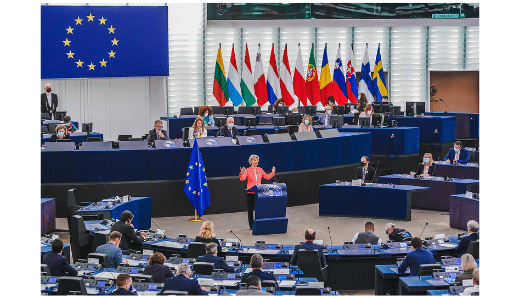
It has been almost 20 years since the EU met in Thessaloniki, Greece, in June 2003 to discuss the integration of the Western Balkans. This included a promise that Albania, Bosnia & Herzegovina, northern Macedonia, Serbia, Montenegro and Croatia would have a clear perspective towards EU membership. After two decades, only Croatia joined in 2013 - the other countries are still in the waiting room, leading to great frustration.
A look back at the MENA Academy in Sulaymaniyah
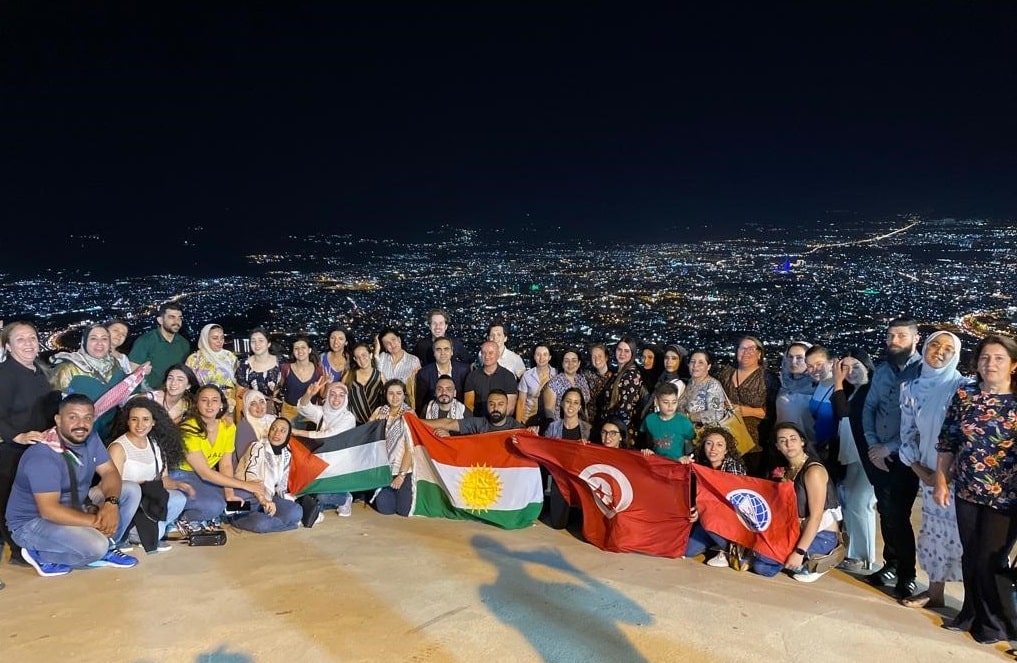
During 2-5 June, the fourth edition of the MENA (Middle East & North Africa) Academy and first edition of the MENA Women Academy took place in Sulaymaniyah, Kurdistan Autonomous Region (KRG), Iraq. For four days, 45 participants from Tunisia, Jordan, the Palestinian Territories, Lebanon and the KRG, Iraq were trained on a variety of topical political issues and skills.
Retrospective Interview Russia expert Gijs Kessler

On Monday 23 May, we spoke with Russia expert Gijs Kessler, affiliated with the International Institute of Social History in Amsterdam. A specialist in the social and economic history of the Soviet Union and Russia, Kessler lived in Moscow between 2002 and 2016. He recently published his book "Russia: country that wants to be different".
FMS on Africa Day!
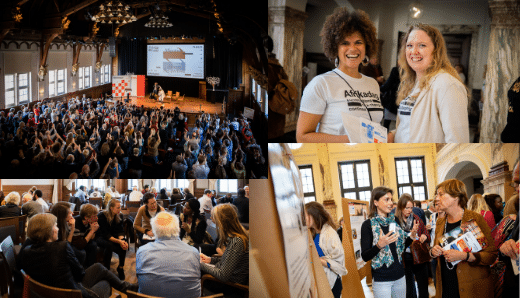
In a few days, it will be here: Africa Day. Have you already bought your ticket?
Together with our partners, it will be a jam-packed day with sessions on a variety of topics. As FMS, we are also organising two substantive sessions ourselves.

